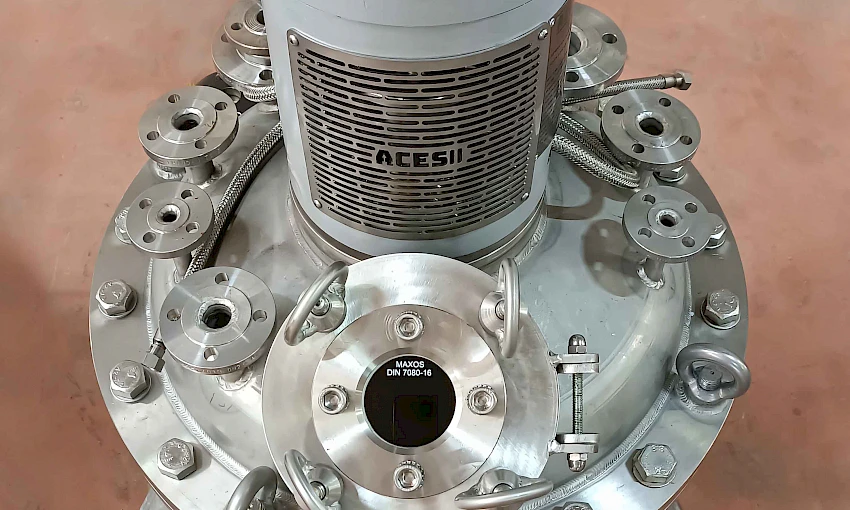What is a Batch Reactor?

What is a Batch Reactor?
Batch reactors are a type of chemical reactor where raw materials are added to a vessel, the chemical reaction takes place, and then the products are removed. Unlike continuous reactors, which have a constant flow of reactants and products, batch reactors operate in a sequence of steps. They are often used when a process requires precise control over reaction conditions or when producing smaller quantities of a product.
Advantages of Batch Reactors:
-
Flexibility: They can be used for a wide variety of chemical reactions and processes.
-
Easy Control: Reaction time and temperature can be easily controlled and adjusted.
-
High Yield: Can achieve high yields for certain reactions, especially those that require specific conditions or longer reaction times.
-
Lower Cost: Relatively simple design leads to lower setup and operating costs compared to continuous reactors.
Disadvantages of Batch Reactors:
-
Lower Production Capacity: They have a lower production capacity compared to continuous reactors, making them less suitable for large-scale production.
-
Downtime: Require downtime between batches for cleaning, filling, and emptying the reactor, which can reduce overall productivity.
Applications of Batch Reactors:
-
Pharmaceutical production: Used to produce various medicines and pharmaceutical products.
-
Chemical production: Used in the manufacturing of paints, plastics, fertilizers, and other chemicals.
-
Food processing: Used for food preservation and processing, such as fermentation and pasteurization.
-
Research and development: Essential for developing new chemical reactions and products in a controlled environment.
Learn More About Reactors:
Get more information about our Reactors
Writer:
Professor Doctor Mustafa Yaşar
Industrial Design Engineer
Son Blog Yazıları





































